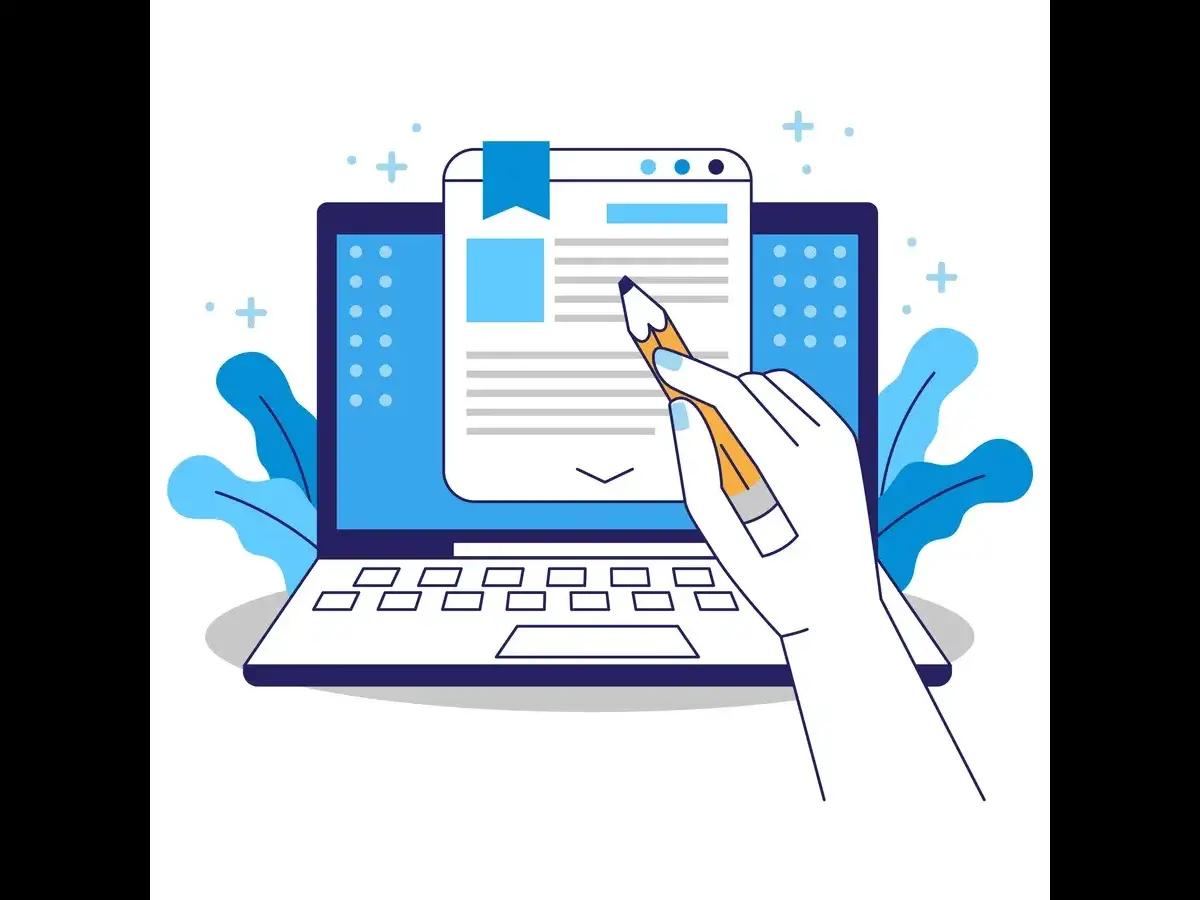What is Scraped Content and Why Does It Matter?

In today’s digital age, the internet is a vast ocean of information, and accessing this information efficiently is crucial. One way to gather and utilize this data is through a process called “content scraping.” But what exactly is scraped content, and why should you care about it? Let’s dive in and find out.
What is Scraped Content?
Scraped content refers to information that has been extracted or copied from websites by a process known as “web scraping.” Web scraping involves using automated tools or software to collect large amounts of data from the internet. This data can include text, images, videos, and other multimedia content found on web pages.
To put it simply, imagine you have a robot that can visit websites and take notes on what it sees. This robot can quickly and accurately record all the information available on those sites and store it for later use. That’s essentially what web scraping does.
How Does Web Scraping Work?
Web scraping typically involves a few key steps:
- Accessing the Website: The scraping tool sends a request to a website, just like a regular user would when they open a webpage.
- Downloading the Content: The tool then downloads the HTML code of the webpage.
- Extracting Data: Next, the tool parses the HTML code to extract the specific data it needs. This could be anything from product prices to contact information.
- Storing the Data: Finally, the extracted data is stored in a database or a file for further analysis or use.
Why Does Scraped Content Matter?
Scraped content matters for several reasons, impacting different sectors and aspects of the internet:
- Data Aggregation: Companies and individuals use scraped data to aggregate information from multiple sources. For example, price comparison websites use scraping to gather prices from various e-commerce sites, helping consumers find the best deals.
- Market Research: Businesses use web scraping to collect data on competitors, market trends, and customer preferences. This information is vital for making informed decisions and staying competitive.
- Content Creation: Scraping can help content creators gather information quickly, which they can then use to generate new content. For instance, a news aggregator might use scraping to compile the latest news stories from various sources.
- Academic Research: Researchers and academics use web scraping to collect data for studies and analysis. This can include anything from social media trends to public opinion on various topics.
Ethical and Legal Considerations
While web scraping can be incredibly useful, it’s essential to consider the ethical and legal implications:
- Website Terms of Service: Many websites have terms of service that explicitly forbid scraping. Ignoring these terms can lead to legal action.
- Intellectual Property Rights: Content creators have rights to their work. Scraping and using this content without permission can violate these rights.
- Privacy Concerns: Scraping personal data from websites can lead to privacy issues. It’s crucial to ensure that scraping practices comply with data protection laws like GDPR.
How to Scrape Responsibly?
If you decide to use web scraping, here are some tips to do it responsibly:
- Check Terms of Service: Always read and respect the terms of service of the websites you plan to scrape.
- Use Public APIs: Many websites offer public APIs that provide data in a structured format. Using these APIs is a legal and efficient alternative to scraping.
- Limit Requests: Avoid overwhelming websites with too many requests. This can slow down the website and lead to IP bans.
- Attribute Sources: If you use scraped content, always attribute the source and give credit where it’s due.
Scraped content plays a significant role in the digital world, offering immense benefits for data aggregation, market research, content creation, and academic studies. However, it’s crucial to approach web scraping with a sense of responsibility, respecting legal and ethical guidelines. By doing so, we can harness the power of scraped content while maintaining the integrity and fairness of the online ecosystem.
FAQs about Scraped Content:
Web scraping is an automated process used to extract large amounts of data from websites. This involves downloading the HTML code of a webpage and parsing it to collect the needed information.
Scraped content is the information or data that has been extracted from websites using web scraping tools or software. This data can include text, images, videos, and other multimedia elements.
Web scraping is used for various purposes, including data aggregation, market research, content creation, and academic studies. It helps gather information quickly and efficiently from multiple sources.
The legality of web scraping depends on several factors, including the terms of service of the website being scraped and local laws. It’s crucial to check and adhere to these terms and regulations to avoid legal issues.
Ethical considerations include respecting the website’s terms of service, not violating intellectual property rights, and protecting personal data to comply with privacy laws. Responsible scraping practices are essential.






